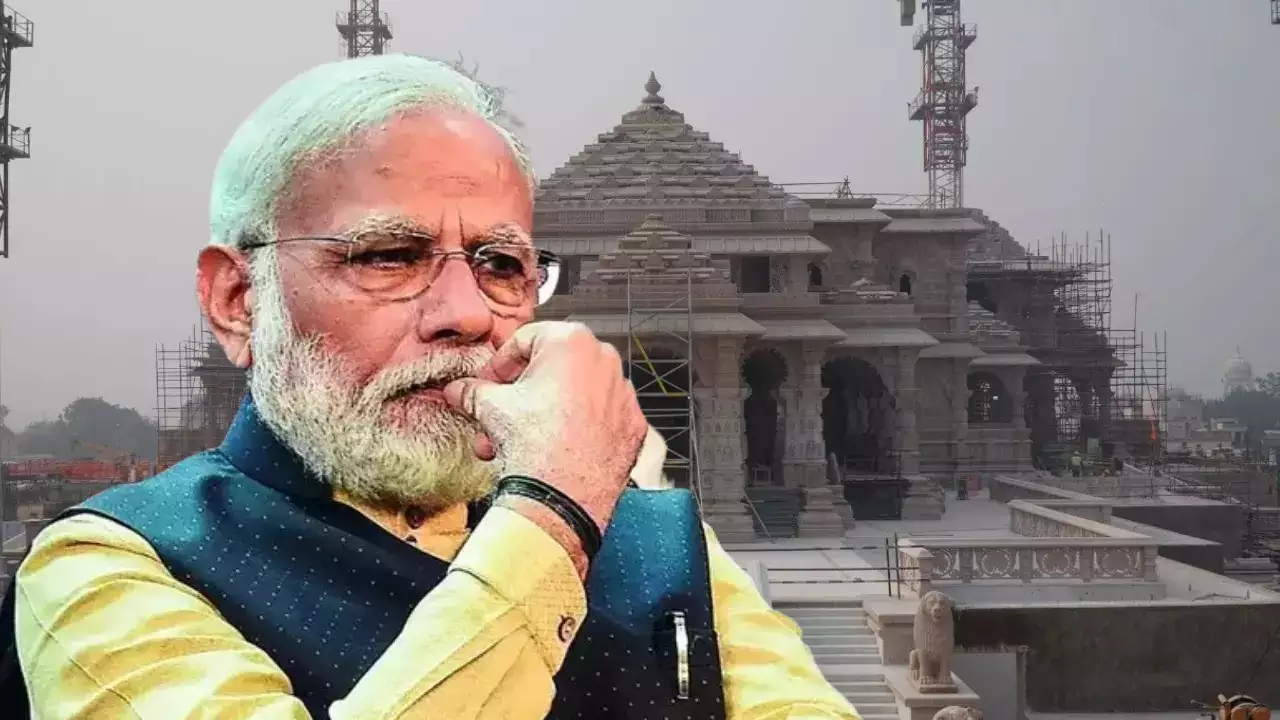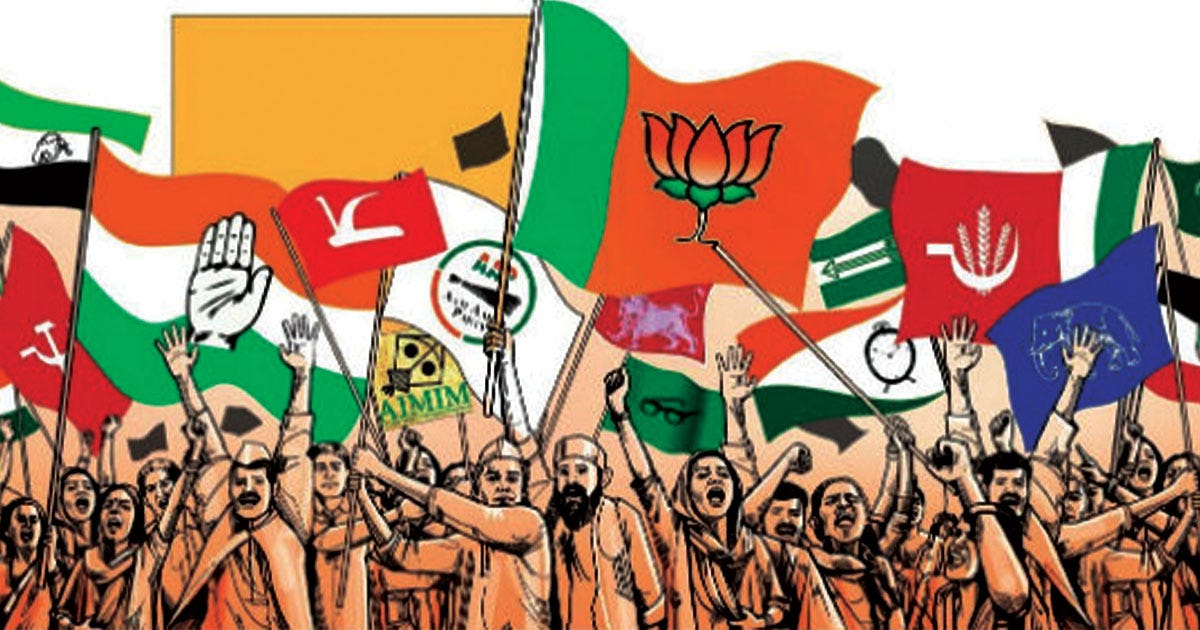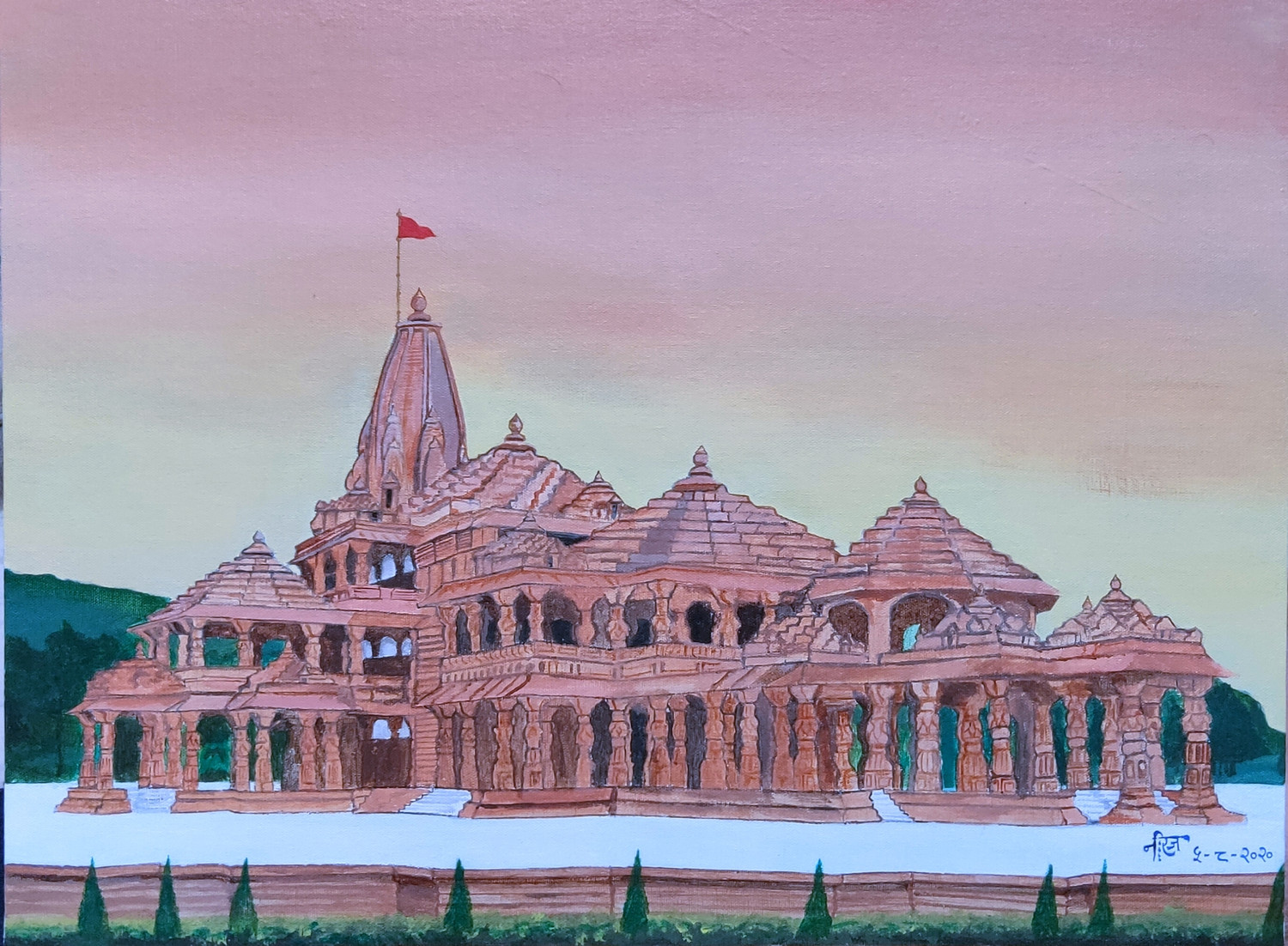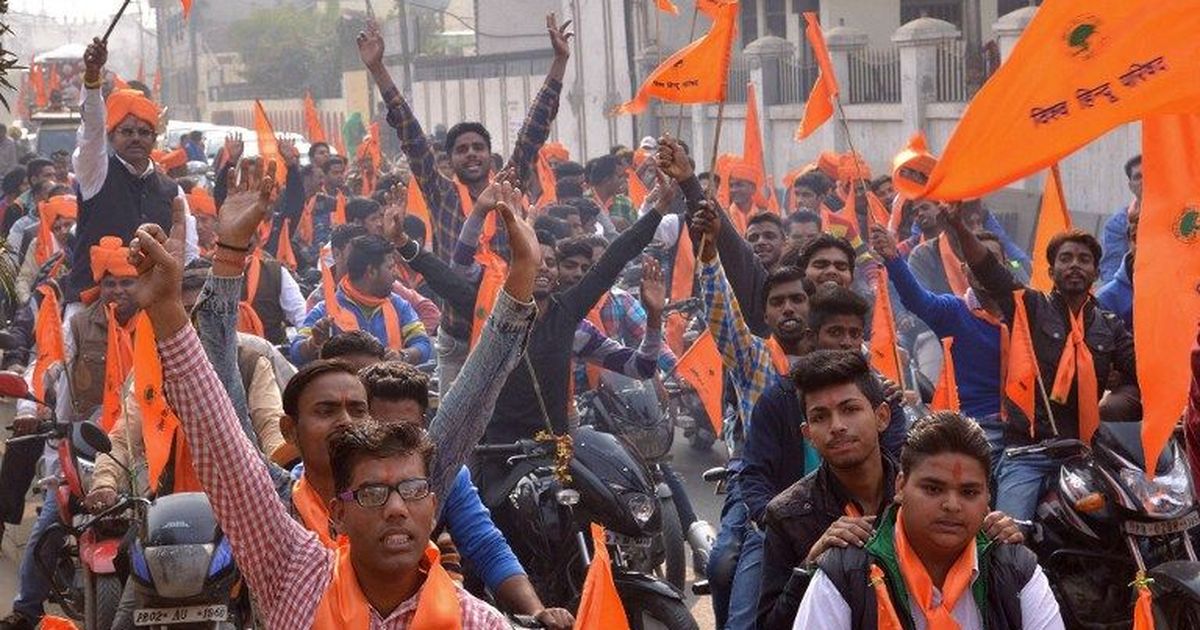The controversy over the Ram Temple at Ayodhya goes much beyond a simple political chess match; it touches on fundamental aspects of Indian society, religion, and morality. The story presents a nuanced picture that transcends political manoeuvring as we examine the historical context, viewpoints from many communities, and the gravity of the inauguration.
The Ram Temple controversy stems from the controversial demolition of the Babri Masjid and the ensuing legal disputes over the disputed property. Though some have hailed the BJP’s Ram temple campaign as a genius move, allegations of judicial fraud have also dogged it. The campaign’s slogans appeared to be more directed at Muslims than at promoting the building of a Ram temple.
In addition to representing a historical injustice, the Ram Temple’s construction serves as a constant reminder of violence and bloodshed for the Muslim population. The campaign was seen as an attempt to degrade Muslims, even though the demolition of the Babri Masjid was a necessary step towards the construction of the temple. The Supreme Court’s decision, which is perceived as the height of injustice, intensifies the perception that the temple serves more as a monument of reverence for Ram than as a symbol of animosity towards Muslims.
Political parties confront an ethical conundrum about the invitation to the temple opening, particularly those that are not in alliance with the BJP. Rejecting it could drive away Hindu voters, while accepting it could undermine moral principles. But the wider worry goes beyond petty political gamesmanship; it also raises concerns about the nation’s moral foundation and the commemoration of historical injustices.
There are questions about the inauguration’s urgency, particularly in light of the temple’s ongoing development. In order to create a narrative that supports their political goals, the BJP has intentionally connected their haste to the impending Lok Sabha elections. This is timed to take advantage of the electoral value of projecting Narendra Modi as the ‘first Hindu’ leader, which will impact Hindu sentiment more than any catchphrase or pledge.
The Ram Temple’s building has had a significant influence on Muslims’ and Hindus’ views on morality, justice, and cohabitation. Hindus face a challenge to their political morals and social norms, while Muslims bear the weight of historical injustices and an approaching emblem of hatred. The opening of the temple turns into a referendum on India’s political resolve and dedication to liberty, equality, and justice.
The BJP’s election agenda is carefully tied to the urgency of the temple’s inauguration. The political spectacle of Modi consecrating ‘Ram Lalla’, complete with elaborate arrangements and mass mobilisation, is intended to unite Hindu society. The event is precisely timed to advance the goals of the ‘kamandal’ project, which include establishing a common civil code, reclaiming temples, and advancing majoritarian ideology.
The founders of the Indian Constitution envisaged a state that would not engage in the promotion of any specific religion, in keeping with the country’s secular ideal. But the state of politics now shows how this ideal has been abandoned, with religion playing a central role in politics. A move towards majoritarian nationalism, undermining the secular principles upon which the nation was founded, is symbolised by the projected opening of the Ram Temple.
The dominant-right and hyper-nationalist political atmosphere of today undermines the secular ethos, which was intended to regard all religions equally. Previously, politicians disapproved of religiosity in public spaces; however, exhibiting religious fervour to connect with the masses has become the standard.
In the run-up to the historic consecration on January 22, 2024, India will have to prove its political resilience. The event is about more than just building a temple; it’s about morality, values, and the path the country decides to take. There is a deliberate attempt to create a communal consensus on a Hindu Rashtra, as evidenced by the organised mass mobilisation and the language that goes with it.
The establishment of the Ram Temple in Ayodhya is fraught with political ramifications, communal strife, and historical baggage. Beyond the political gamesmanship, the occasion represents India’s dedication to secularism, justice, and equality. Important concerns about the direction India is headed and the principles it aspires to defend are brought up by the inauguration’s urgency, the election’s importance, and the decline of secular ideals. The country eagerly awaits what happens on January 22, 2024, to find out who succeeds and who fails in this crucial Indian political test.








